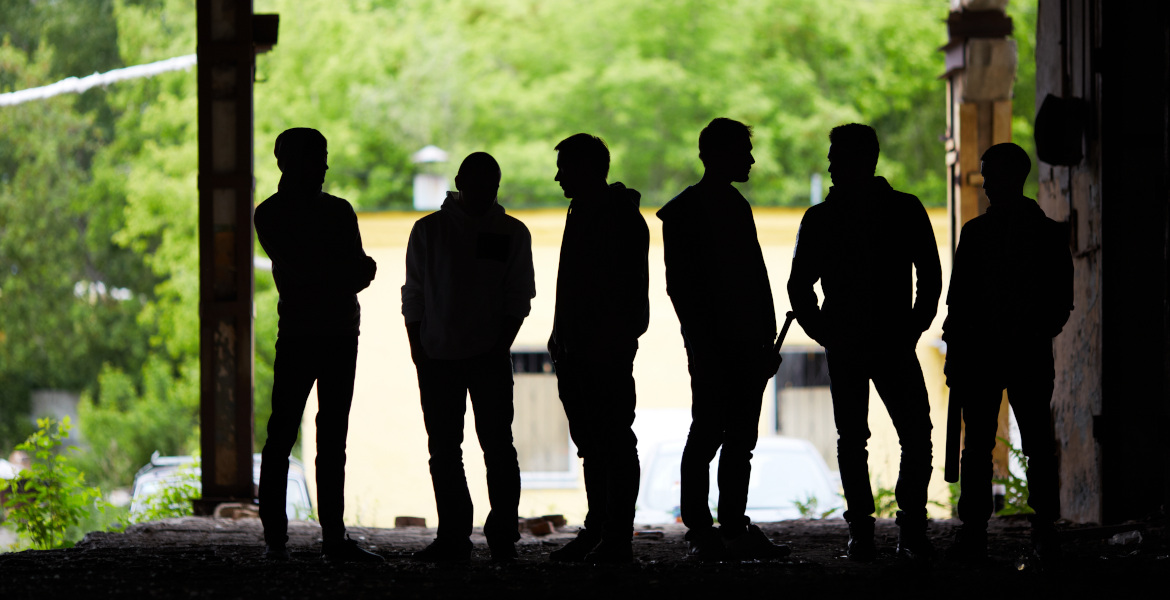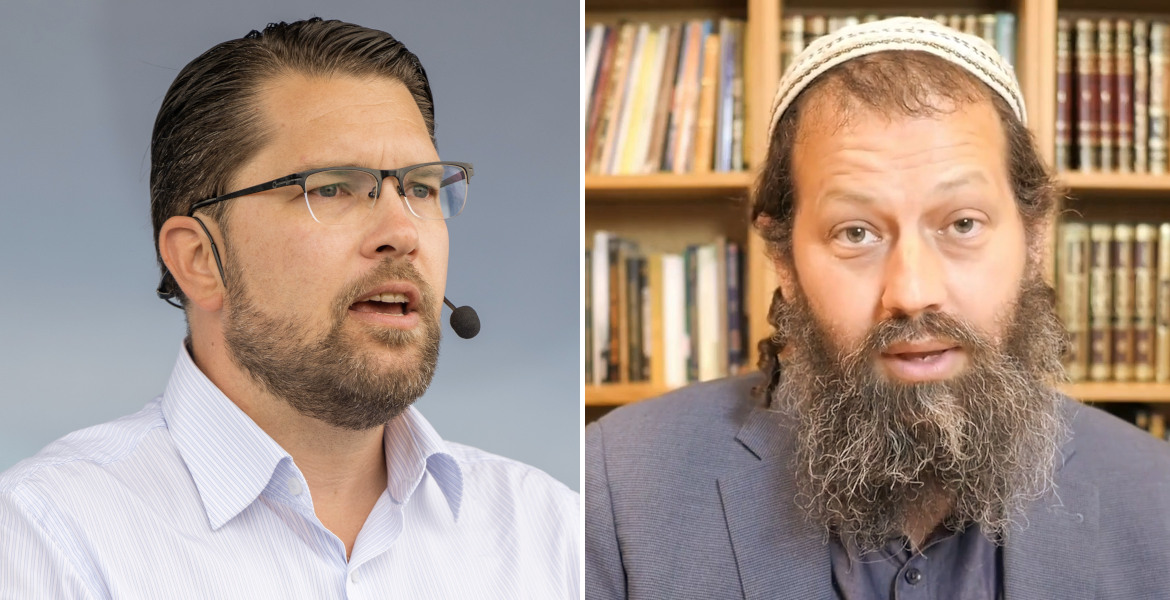"Ericsson strives to create a diverse and inclusive organization", the telecom giant declared in its last annual report.
However, the politically correct rhetoric seems to have been used mostly to appease left-liberal politicians and journalists – and after US pressure, the wording has now been quickly removed.
Donald Trump is no friend of left-wing identity politics or the now common "diversity programs" that aim to benefit various minority groups in various ways or to quota them into workplaces – often at the expense of white people.
Instead, the US President and his administration have expressed the need to put merit, skills and knowledge first – and have even announced that all federal diversity programs will be shut down.
Recently, Trump also demanded that European companies abolish their diversity initiatives if they want to secure contracts and future trade with the US – and Wallenberg-owned Ericsson is one of the players that is quickly turning the corner and scrapping the left-liberal rhetoric.
Replaced with "equal treatment and equal opportunities"
The company has for many years claimed that "diversity and inclusion" is very important and something it works hard to achieve – and the terms appeared no less than twelve times in the 2023 annual report.
Now, however, things are different and in the latest annual report, all these phrases have been deleted – instead, several of them have been replaced with the more neutral-sounding "equal treatment and equal opportunities".
Ericsson has also deleted another paragraph that previously emphasized the importance of achieving gender balance among new hires.
"Has not changed its approach"
Although the sudden changes are fully in line with US requirements, Ericsson's press officer Ralf Bagner claims the wording has been updated to provide "increased clarity" – he also promises Swedish state broadcaster SVT that despite the change in language, the company's approach to DEI initiatives is exactly the same as before.
"Ericsson has not changed its approach to diversity and inclusion. We regularly review and update the language in our communications, such as in annual reports, to ensure clarity and consistency", the company states.
Danish Lego is another well-known company that, following Trump's directive, has chosen to remove all "diversity" language from its documents – while Swedish AB Volvo is an example of the opposite and has chosen to continue using the terminology.





